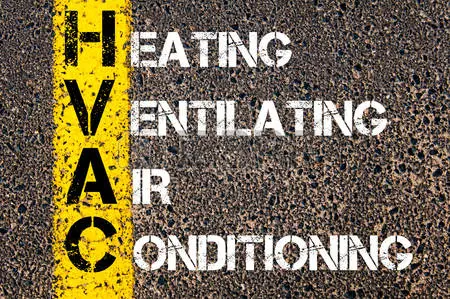
COST OF INSTALLATION
In general, the upfront cost of installation of a gas furnace is lower than a heat pump. With that said, if you live in a part of the country that also requires cooling, your furnace will also require an air conditioner. The value of a heat pump is that it does both and thus your overall cost may be cheaper, particularly here in Louisiana where the temperatures can get well over 100 degrees during the summer months. System cost will vary depending on the size and model selected for both.
BETTER ENERGY EFFICIENCY
The Heat Pump is the clear winner here because transferring heat is easier than creating it. Under optimal conditions, heat pumps can transfer 300 percent more energy than it consumes. By comparison, a high-efficiency gas furnace is only about 90 percent efficient. Heat pumps use electricity, so you also gain cost savings on fuel consumption. Heat pumps can be 100% efficient in temperate climates like ours and can serve as both heating and cooling functions.
ENVIRONMENTAL IMPACT
If you are concerned about minimizing your environmental footprint, heat pumps excel here because they don’t use combustion and thus don’t produce any harmful greenhouse gas emissions. With that said, recent technological advancements have made many furnace models much more energy efficient and lowered their impact on the environment.
EFFECTIVENESS IN COLDER CLIMATES
Gas furnaces burn fuel so it can generate heat on the coldest days. This gives it an advantage over heat pumps if the outside air temperature routinely falls below freezing. Obviously, here in Louisiana this will rarely be an issue but everyone who reads this won’t necessarily live here. Supplemental systems are available to work in tandem with your heat pump to mitigate the limitation, but that increases energy use and reduces any energy efficiency benefits if used too much.
COMFORT
This comes down to personal preference. Gas furnaces produce heat that feels hot and “toasty” when compared to the heat pump. In general, the air from a heat pump isn’t as hot as what you get from a gas furnace. Heat pumps still warm your home, but the air that blows is cooler and more controlled. If you are from a colder climate, this will not feel normal to you and that might be a dinger for heat pumps. Furnaces deliver hot and dry air while heat pumps circulate air that’s naturally humid so it won’t dry out your skin as much as the heat of furnace.
GENERAL MAINTENANCE AND LIFESPAN
A gas-fired furnace generally has a longer lifespan than a heat pump. A Heat Pump generally has a lifespan of around 15 years while gas furnaces normally last 20 years or more. The longevity isn’t because furnaces are just more well-made, it has more to do with frequency of use. A gas furnace is only used for a few months out of each year and thus has less maintenance requirements than a heat pump. A gas furnace also has far fewer mechanical parts than a heat pump, meaning fewer things that can break or malfunction.
CONCLUSION
No matter what you choose, regular and proper maintenance will be critical. When you shop, don’t rush, ask questions about SEER ratings, overall cost of ownership, and anything else that concerns you. The installation of a new HVAC system is a major capital investment and you should get the best value for your money. As you can see, both furnaces and heat pumps can be a good option for your home. We encourage you to take your time and study all features and costs that come with both options.